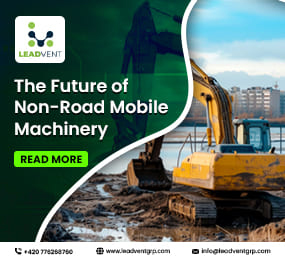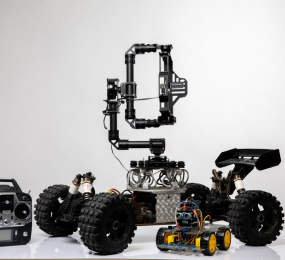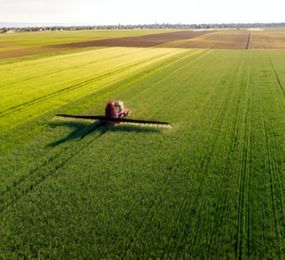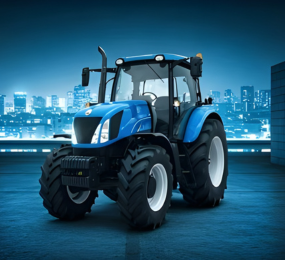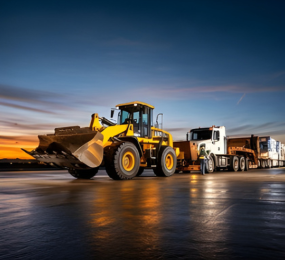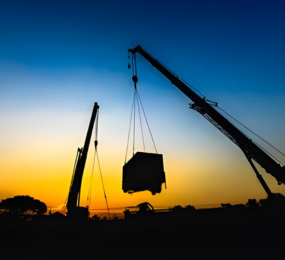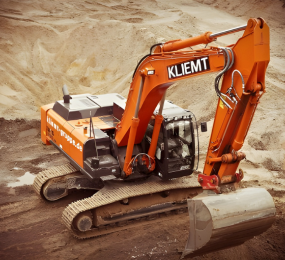Reimagining Non Road Mobile Machinery: The Shift Toward Cleaner, Smarter Operations
In the broader conversation around emissions and sustainability, much of the focus has been on road transport and energy production. But an often-overlooked sector plays a significant role in shaping environmental outcomes Non-Road Mobile Machinery (NRMM). These are the machines that power construction sites, airports, ports, agriculture, and mining excavators, bulldozers, harvesters, cranes, and more.
Unlike on-road vehicles, NRMM has traditionally operated under less stringent emissions regulation. But as environmental awareness grows and regulatory pressure increases, the spotlight is now on how this sector can transition toward cleaner and more efficient technologies.
Why NRMM Matters
Non-road machines are essential to the backbone of infrastructure and industry. They dig our roads, harvest our food, load our ships, and mine critical resources. But they are also responsible for a notable share of diesel consumption and local air pollution particularly in urban areas where construction and logistics are in constant motion.
For decades, these machines have relied on fossil fuels for their robust power and performance. However, the environmental cost ranging from CO? emissions to particulate matter and noise pollution has become too high to ignore.
Electrification and Innovation: Changing the Game
In response, manufacturers, regulators, and operators are pushing forward with solutions. The most promising path? Electrification. Battery-powered and hybrid NRMM are no longer future concepts they're being tested and deployed in real projects across Europe, North America, and Asia.
Electric excavators, compact loaders, and autonomous agricultural machinery are already showing impressive results in performance and environmental impact. They reduce noise, eliminate tailpipe emissions, and can operate in sensitive environments like cities, tunnels, or near hospitals where air quality is critical.
Hydrogen-powered options are also being explored for larger, heavier-duty machinery where battery technology has limitations. Meanwhile, digital tools and telematics are enhancing the efficiency and predictive maintenance of machines, further reducing unnecessary energy use and emissions.
Policy and Collaboration
Governments and city authorities are beginning to introduce low-emission zones and procurement policies that favor cleaner NRMM. In turn, contractors and developers
are seeking greener equipment to meet these requirements and demonstrate corporate responsibility.
Transitioning to sustainable NRMM also requires investment, workforce upskilling, and supplier collaboration. It’s not just a technical upgrade it’s a cultural shift in how industries approach equipment use and environmental stewardship.
Takeaway Point
Non-Road Mobile Machinery may not be the most visible part of our daily lives, but its environmental impact is significant. By embracing electrification, smarter design, and responsible operation, the industry can move from being a quiet polluter to a loud example of innovation and change. As sustainability becomes a requirement not a choice the transformation of NRMM is not only necessary but inevitable. Learn more on our website: https://www.leadventgrp.com/event/2nd-annual-non-road-mobile-machinery-electrification-and-decarbonization-forum/register
For more information and group participation, contact us: [email protected]
Leadvent Group - Industry Leading Events for Business Leaders! www.leadventgrp.com | [email protected]



